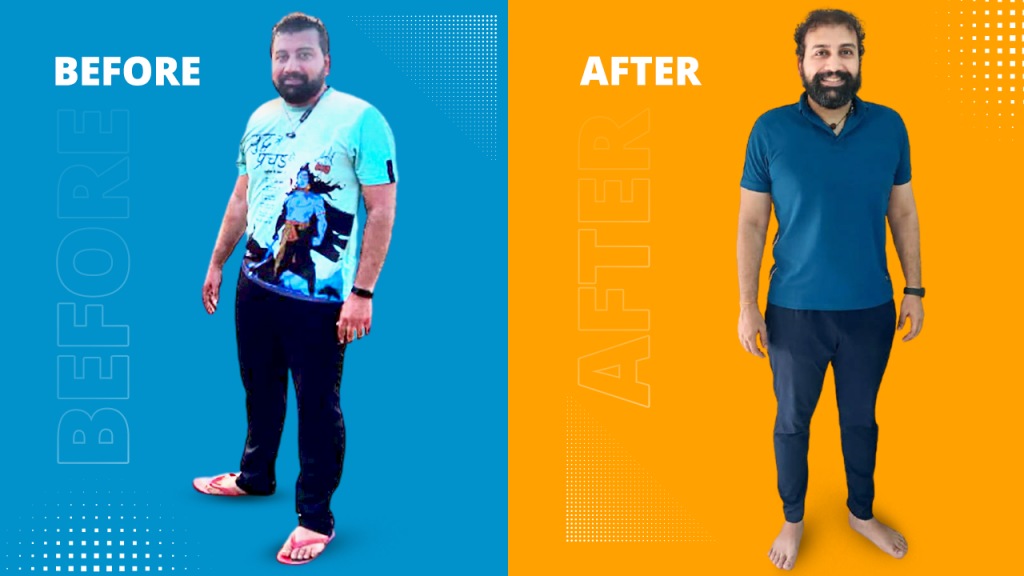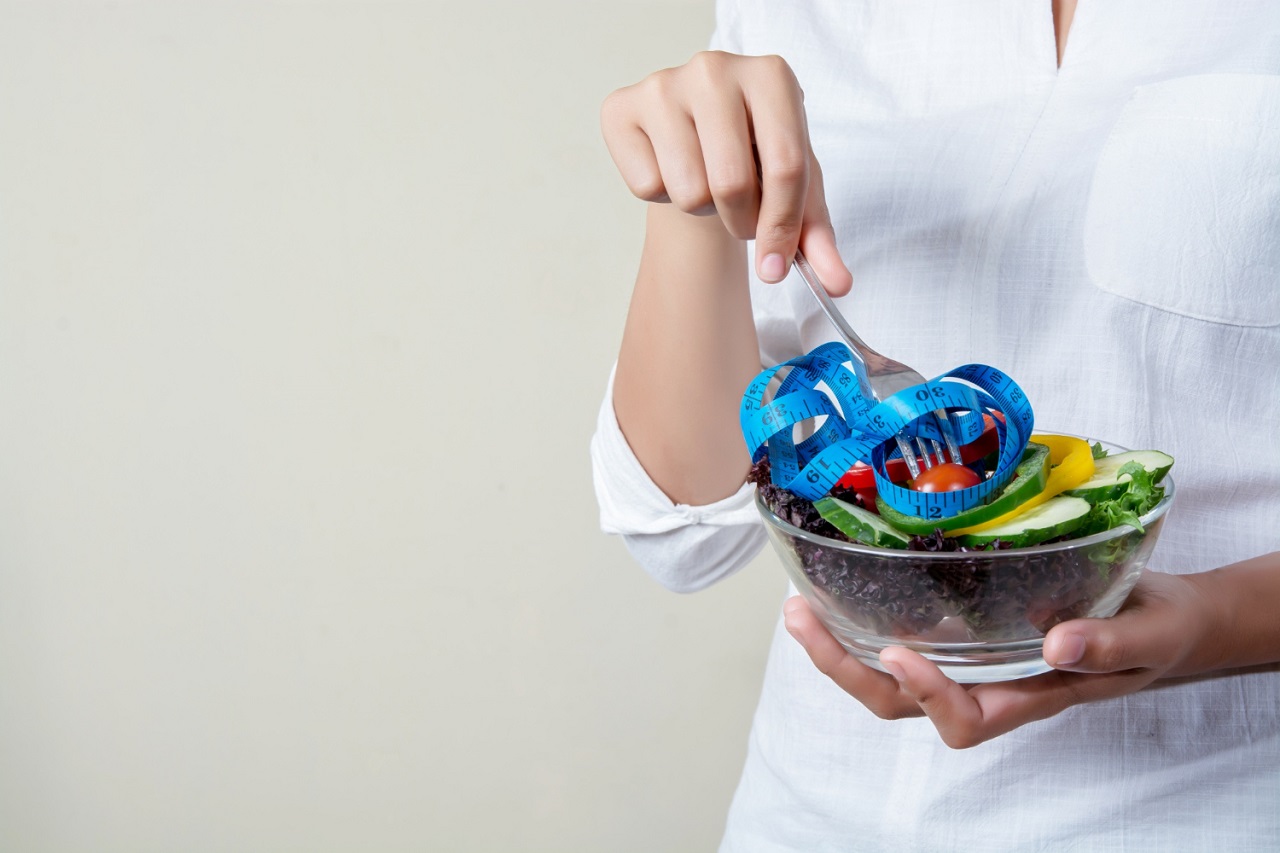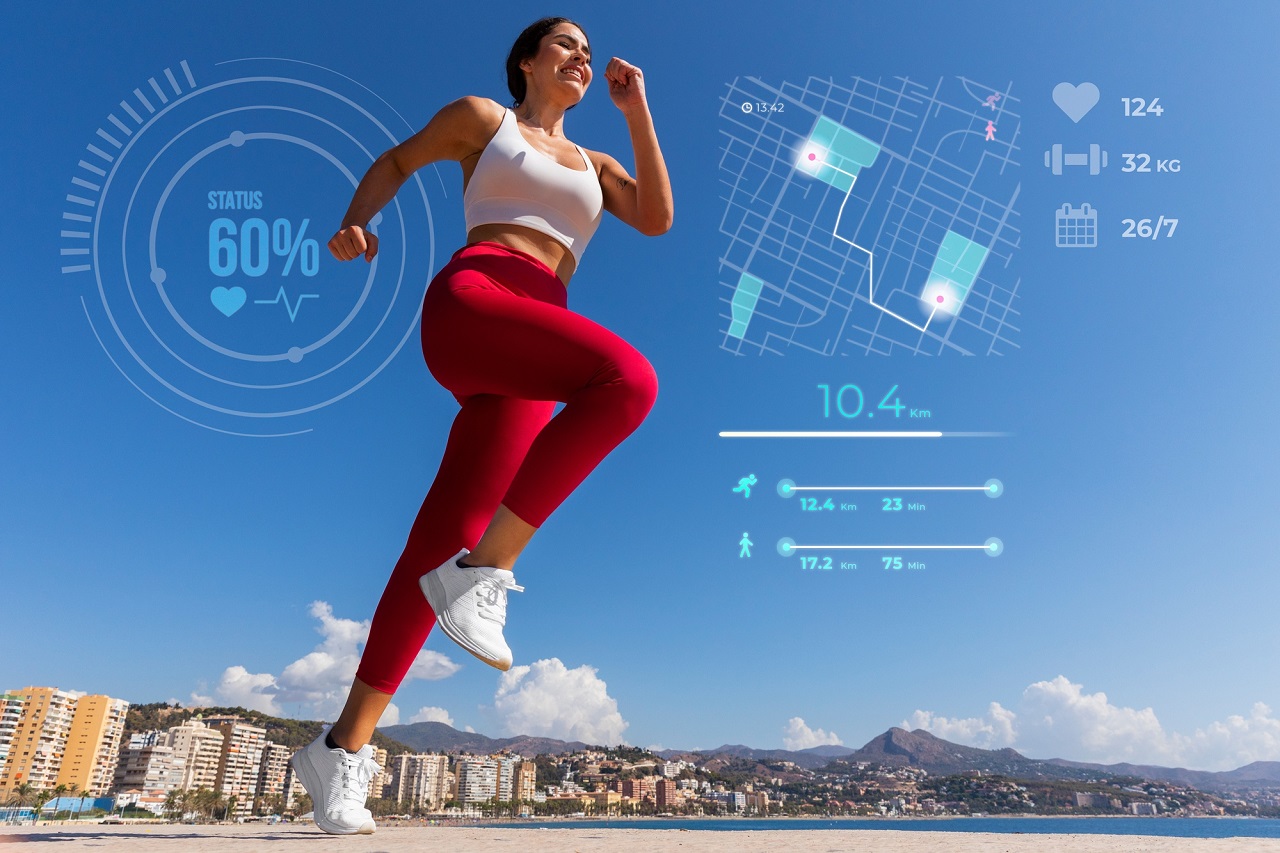
परंपरागत रूप से, ककड़ी, टमाटर, गोभी और प्याज जैसी कच्ची सब्जियों के साथ सलाद तैयार किया जाता है – जिन्हें स्लाइस में काटा जाता है और एक चुटकी नमक और नींबू इसपर छिड़का जाता है। उन्हें या तो भोजन के सबसे छोटे हिस्से के रूप में परोसा जाता था या पूरी तरह से नजरअंदाज कर दिया जाता था। अगर आप भी ऐसा ही करते आ रहे हैं, तो बदलने का समय आ गया है! अपने भोजन में एक कटोरी सलाद शामिल करना बहुत ही महत्वपूर्ण है और इस लेख में हम आपको इसकी पूरी जानकारी देंगे।
आपको रोजाना एक कटोरी सलाद क्यों खाना चाहिए?
- सबसे पहले, अगर आप अपने भोजन की शुरुआत एक कटोरी सलाद के साथ करते हैं तो आपको वजन कम करने में मदद मिलती है। यह सच है क्योंकि सलाद कैलोरी में कम, फाइबर में उच्च और अन्य पोषक तत्वों से भरपूर होते हैं। फाइबर आपको भरा हुआ महसूस करने में मदद करता है और आप अपने बाकी के भोजन पर आसानी से नियंत्रण कर पाते हैं। कम लेकिन स्वस्थ खाना = एक स्थिर वेट लॉस है! हाई फाइबर सलाद खाने से कोलेस्ट्रॉल कम करने में मदद मिलती है और यह कब्ज को रोकने के लिए भी जाना जाता है।
- सलाद में अपनी सब्जियों के साथ थोड़ा अच्छा फैट (जैसे जैतून का तेल, एवोकैडो और नट्स में पाया जाने वाला मोनोअनसैचुरेटेड फैट) खाने से आपके शरीर को सुरक्षात्मक फाइटोकेमिकल्स (कैंसर और हृदय रोग से बचाने के लिए जाना जाता है) को अब्सॉर्ब करने में मदद मिलती है, जैसे टमाटर से लाइकोपीन और गहरे हरे रंग से ल्यूटिन सब्ज़ियाँ।
- क्रोटोन्स (गेहूं के ब्रेड के डीप फ्राइड टुकड़े) को छोड़ने का सबसे अच्छा तरीका है जो की वैसे भी पोषक तत्वों में कम और उच्च ग्लाइसेमिक लोड वाले होते है, कि हम उन्हें नट्स और बीजों से बदलकर अपने सलाद में कुरकुरेपन को बनाए रखें।
- इसे संपूर्ण भोजन बनाने के लिए उचित कार्बोहाइड्रेट और प्रोटीन के साथ संतुलित करने के लिए, आप इसमें ब्राउन राइस या प्रोटीन युक्त क्विनोआ, ग्रिल्ड चिकन, कम फैट वाला पनीर, टोफू या स्प्राउट्स मिला सकते हैं।
- जो लोग फल खाना पसंद नहीं करते हैं, वे सलाद का स्वाद ले सकते हैं, जिसमें फलों और सब्जियों का मिश्रण होता है और इसे पूरे भोजन या नाश्ते के बीच में खाते हैं। यह कई शक्तिशाली एंटीऑक्सिडेंट प्रदान करता है जो शरीर को हानिकारक अणुओं से होने वाले नुकसान से बचाता है जिसे फ्री रेडिकल्स कहा जाता है।
टिप्स स्वस्थ सलाद तैयार करने के लिए
- सलाद को विटामिन से भरपूर माना जाता है। फैट सॉल्युबल विटामिन ए, डी, ई और के को कुछ फैट की उपस्थिति के बिना शरीर द्वारा अब्सॉर्ब और उपयोग नहीं किया जा सकता है। तो अनसैचुरेटेड प्रकार (अच्छे फैट) को इस्तेमाल में लाएं जैसे जैतून का तेल या कनोला तेल। तेल को सिरके के साथ टॉस करें जो भोजन के बाद ब्लड शुगर स्पाइक्स को रोकने में मदद करता है।
- अपने दैनिक आहार में रोमेन, रेडिकचियो, आइसबर्ग और पालक जैसे साग को शामिल करने का सबसे अच्छा तरीका यह है कि इन सभी को मिला दिया जाए या सलाद में एक बार में एक का उपयोग किया जाए।
- तुलसी, लहसुन, नींबू का रस या पार्सले जैसे औषधीय जड़ी बूटियों को सलाद में स्वाद में बेहतर बनाने के लिए और रोग से लड़ने वाले एंटीऑक्सिडेंट से परिपूर्ण करने के लिए इस्तेमाल करें। आपका सलाद स्वाभाविक रूप से जितना अधिक स्वादिष्ट होगा, उतनी ही कम उच्च कैलोरी सामग्री आपको अतिरिक्त पनीर और क्रीम जैसे स्वाद के लिए मिलाने की आवश्यकता होगी।
- सिनेरजेटिक इफेक्ट्स प्राप्त करने के लिए अपने सलाद को अधिक से अधिक अन्य सब्जियों या फलों के साथ पैक करें। गाजर, खीरा, अलग-अलग रंग की मिर्च, ब्रोकोली, मटर, आटिचोक, स्ट्रॉबेरी, रसभरी, या नाशपाती अलग-अलग बनावट के साथ-साथ भरपूर मात्रा में फाइबर प्राप्त करने के लिए बढ़िया विकल्प हैं।
हमें उम्मीद है कि यह लेख आपको अपने भोजन में एक कटोरी सलाद शामिल करने की आदत डालने में मदद करेगा! अपने सलाद के साथ रचनात्मक बनें, इसे रंगीन या कुरकुरे बनाएं और सोशल मीडिया या GOQii एरिना पर एक तस्वीर साझा करें और हमें टैग करें! स्वस्थ जीवन और पोषण के बारे में अधिक जानकारी के लिए स्वस्थ लेख देखें।
पोषण, वजन घटाने, आहार युक्तियाँ और स्वस्थ व्यंजनों पर विशेषज्ञों से अधिक सलाह और मार्गदर्शन प्राप्त करने के लिए! GOQii की पेर्सनलिज़्ड हेल्थ कोचिंग के लिए यहां सदस्यता लें |
Read the article in English here.
#BeTheForce

 The heart plays a very vital role in the well-being of an individual. It supplies oxygenated blood to all organs of the body and also carries nutrients, fuel, hormones, and other components.
The heart plays a very vital role in the well-being of an individual. It supplies oxygenated blood to all organs of the body and also carries nutrients, fuel, hormones, and other components. Fruits & vegetables are rich in vitamins & minerals and low in calories. They also keep a check on cholesterol levels as they are very rich in dietary fiber. A diet rich in dietary fiber maintains weight as well as the gut. You need to select whole grains over refined grains as whole grains are rich in complex carbohydrates and control blood pressure and are good for the heart. Include quinoa, broken wheat, barley, oats, and whole wheat flour.
Fruits & vegetables are rich in vitamins & minerals and low in calories. They also keep a check on cholesterol levels as they are very rich in dietary fiber. A diet rich in dietary fiber maintains weight as well as the gut. You need to select whole grains over refined grains as whole grains are rich in complex carbohydrates and control blood pressure and are good for the heart. Include quinoa, broken wheat, barley, oats, and whole wheat flour. Quality and quantity both are important while having meals. Portion control is very important as it maintains and controls calories and weight. Utensils are selected for portion control and all food groups should be included to make it a balanced diet.
Quality and quantity both are important while having meals. Portion control is very important as it maintains and controls calories and weight. Utensils are selected for portion control and all food groups should be included to make it a balanced diet. GOQii has emerged as a leading pioneer in AI-driven solutions for the sports industry, and we are proud to announce our inclusion in the report, “
GOQii has emerged as a leading pioneer in AI-driven solutions for the sports industry, and we are proud to announce our inclusion in the report, “



